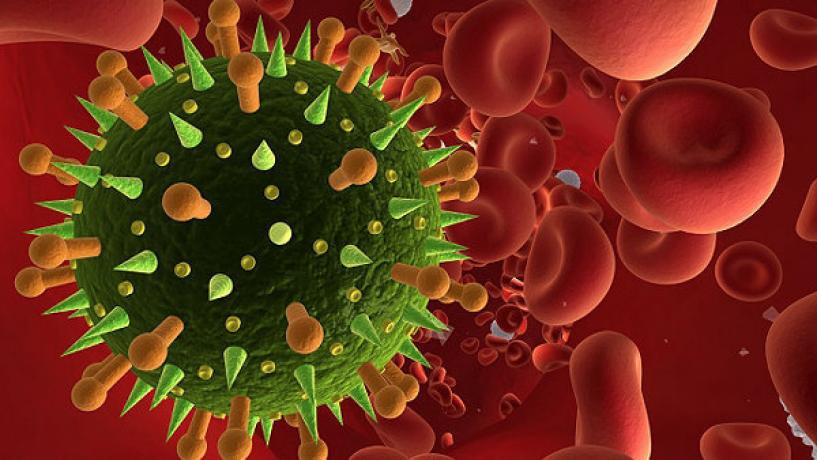
According to the American Centers for Disease Control (CDC), a new strain of the dangerous norovirus has become a problem in the United States, dating back to sometime in September of 2012.
As of now, the outbreaks continue as this strain is different from anything in the past and has not yet been controlled.
According to a four month study by the CDC, almost 300 different cases of the new virus were noted in the US alone. The concern from this virus is that it is not yet controlled and it can be spread through direct contact with people who are ill or through contaminated foods. In fact, the origination of the norovirus, called GII.4, seems to trace back to Sydney. According to several reported incidents, this strain began in Australia and has been traced to several different countries. Whether or not it started in any type of Australian food is not yet known.
Symptoms Of The Norovirus
Norovirus is a common condition that tends to make people sick throughout the months of December, January, and February. It is a contagious virus that causes such symptoms as:
- Gastroenteritis
- Nausea
- Vomiting
- Diarrhoea
According to the CDC, both the elderly and young children are most susceptible to the illness. About 800 people die a year from gastroenteritis in the United States. Anyone who has a compromised immune system, including those with immune-suppressant diseases and pregnant women, can be especially susceptible to the condition.
Increased Cases Of Norovirus
Right now, there are more cases of Norovirus than normal in the United States. That is because this is a new strain. None of the consumers have had a chance to develop an immunity to the condition, and the vast majority of doctors are not yet prepared for detecting and treating the strain. However, the CDC also notes that this is not that unusual. In fact, according to records and research, a new strain forms about every four years and tends to spread from one country to the next.
Australians should note that this strain did originate in the country. Because of this, they need to be especially vigilant with their foods. A few things to do include washing hands thoroughly while cooking, always cooking shellfish thoroughly, and washing all fruits and vegetables before eating them. Additionally, no one who is ill should prepare foods for others even if they have washed their hands as they could still pass the virus on to someone else through the foods.




